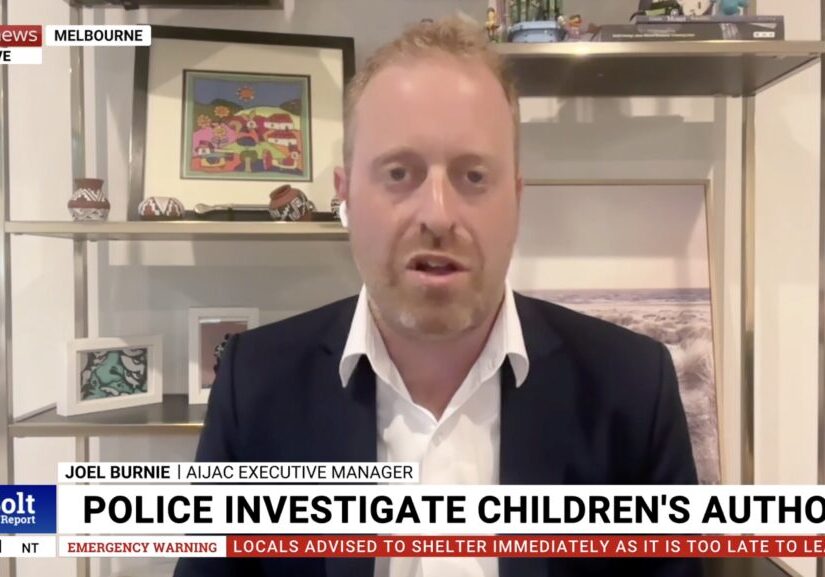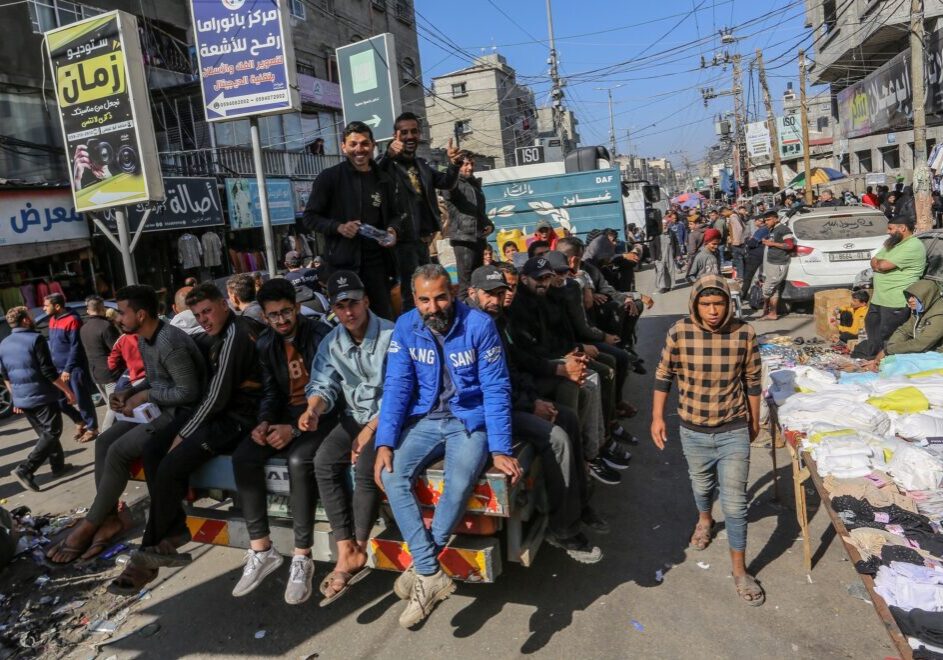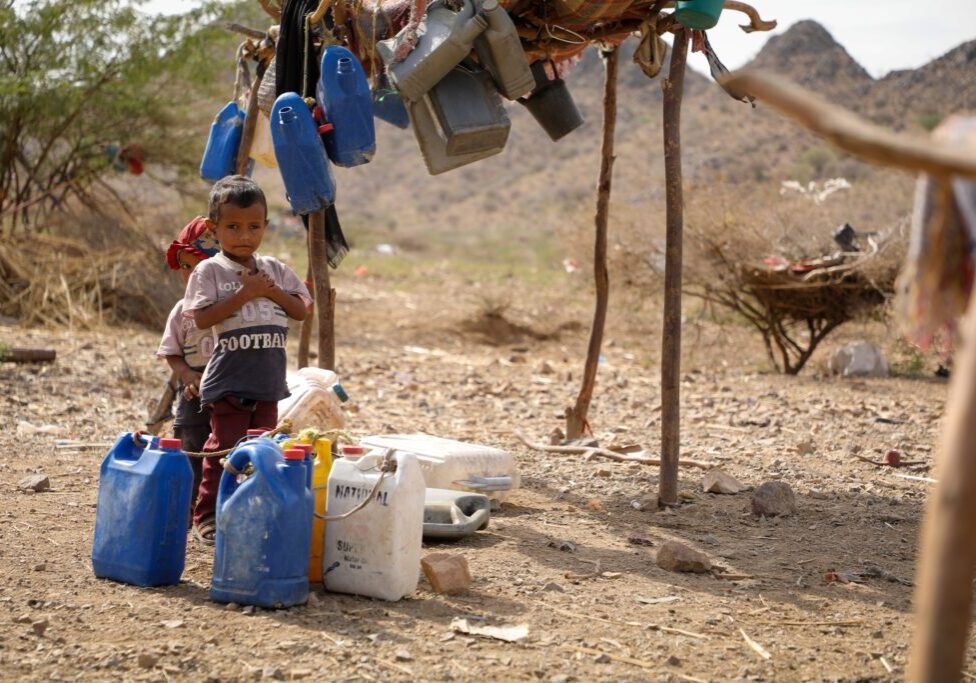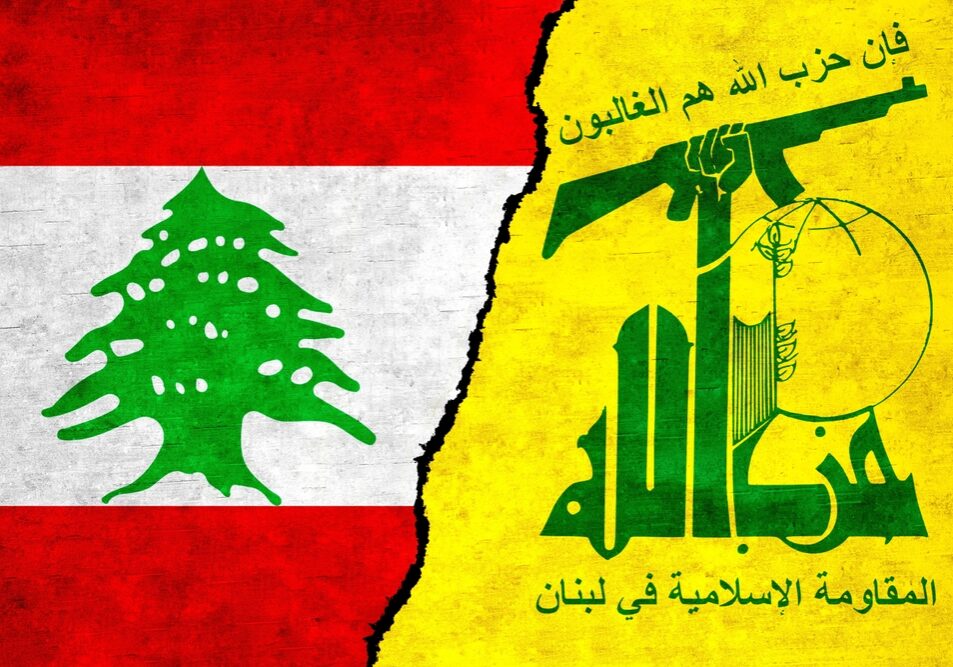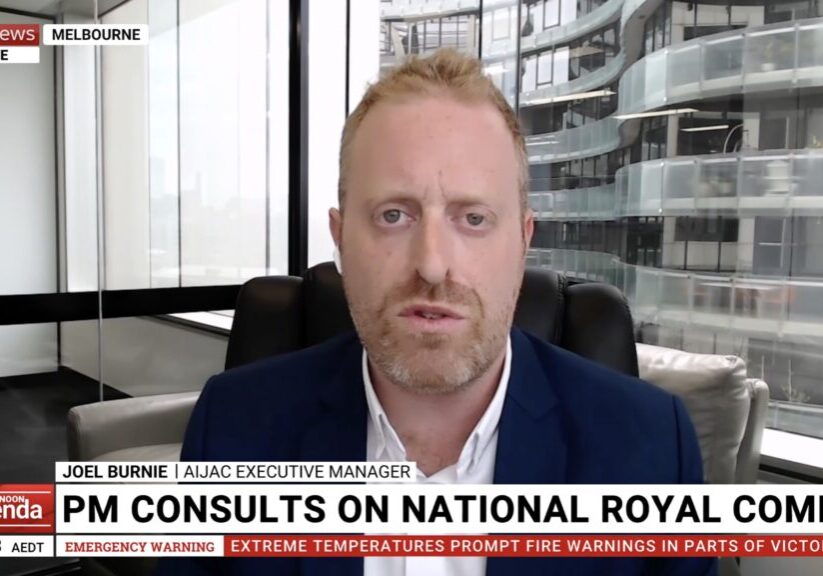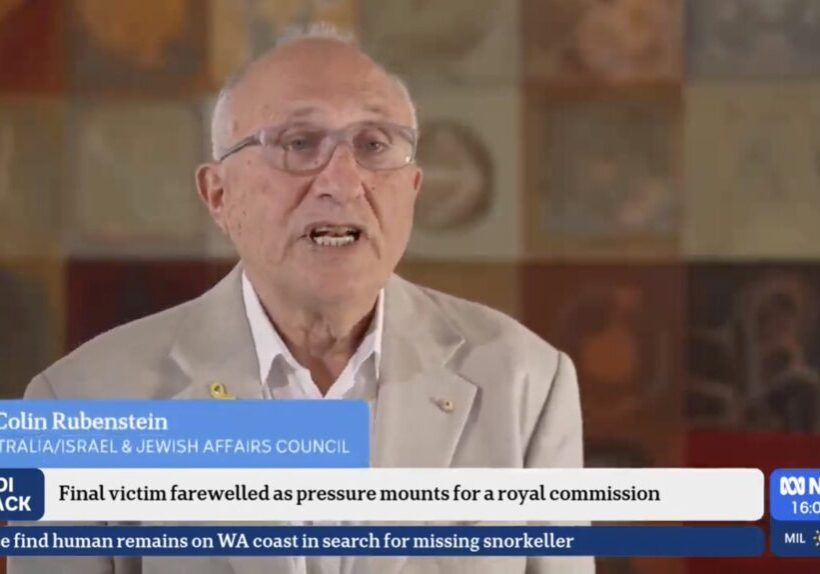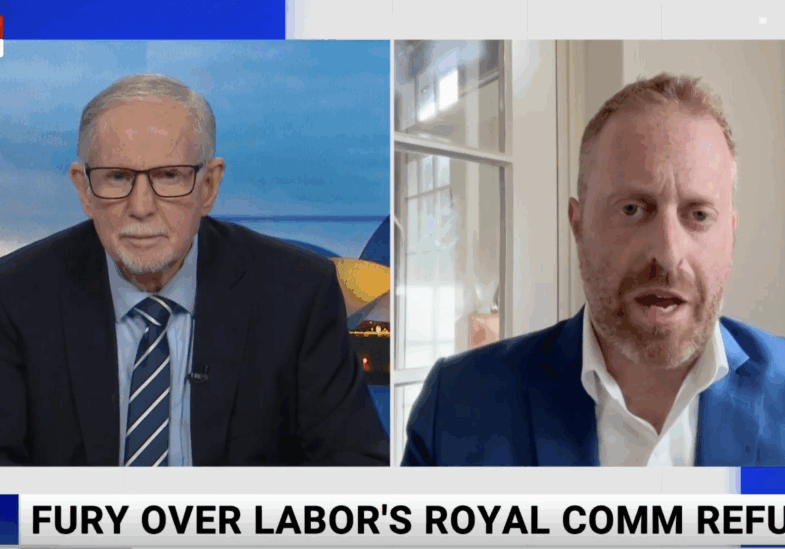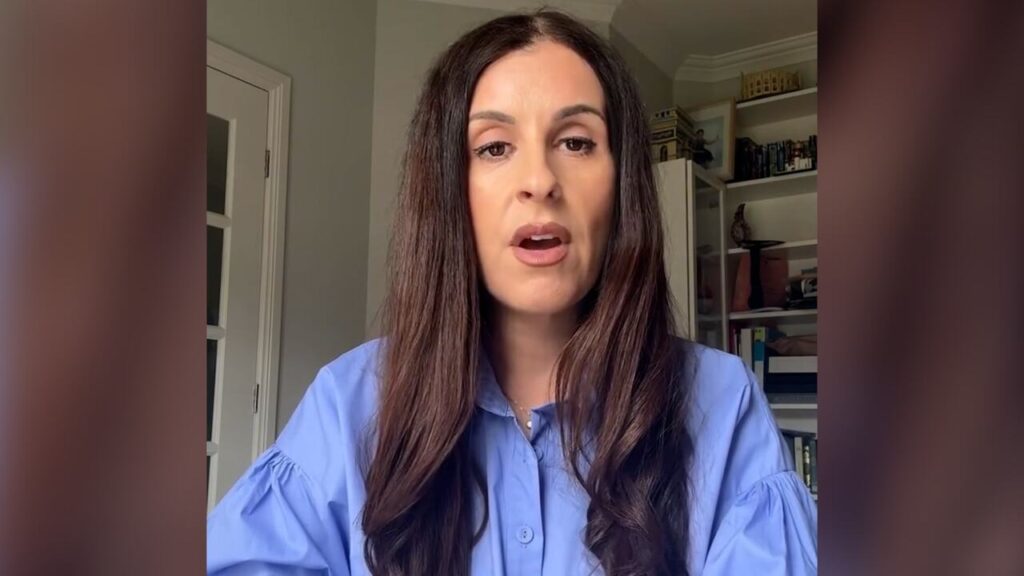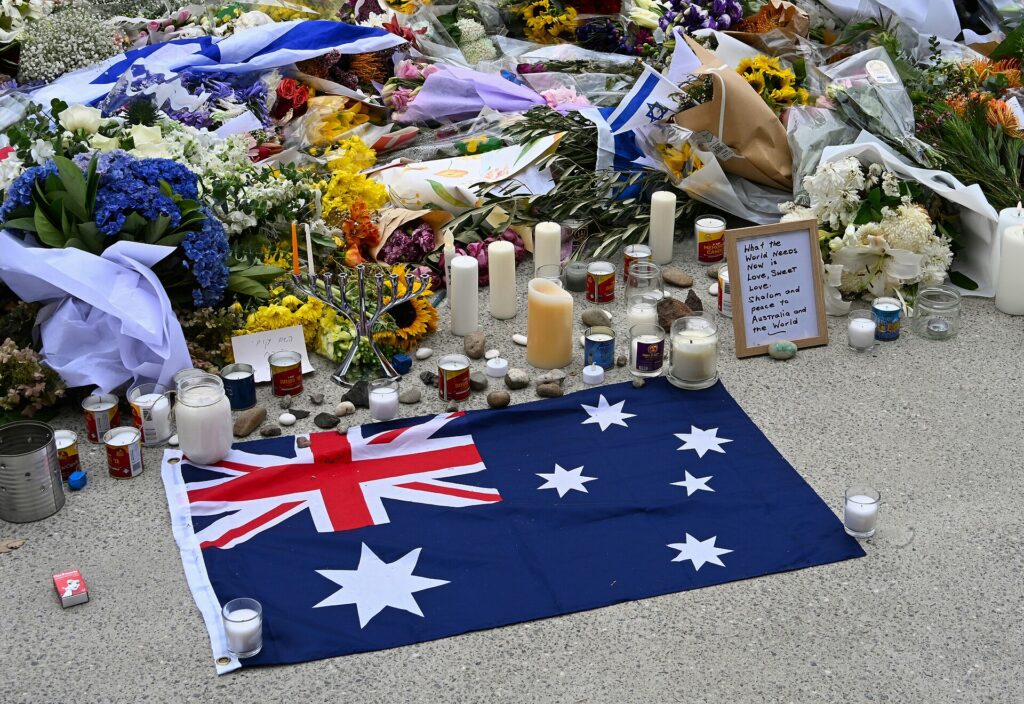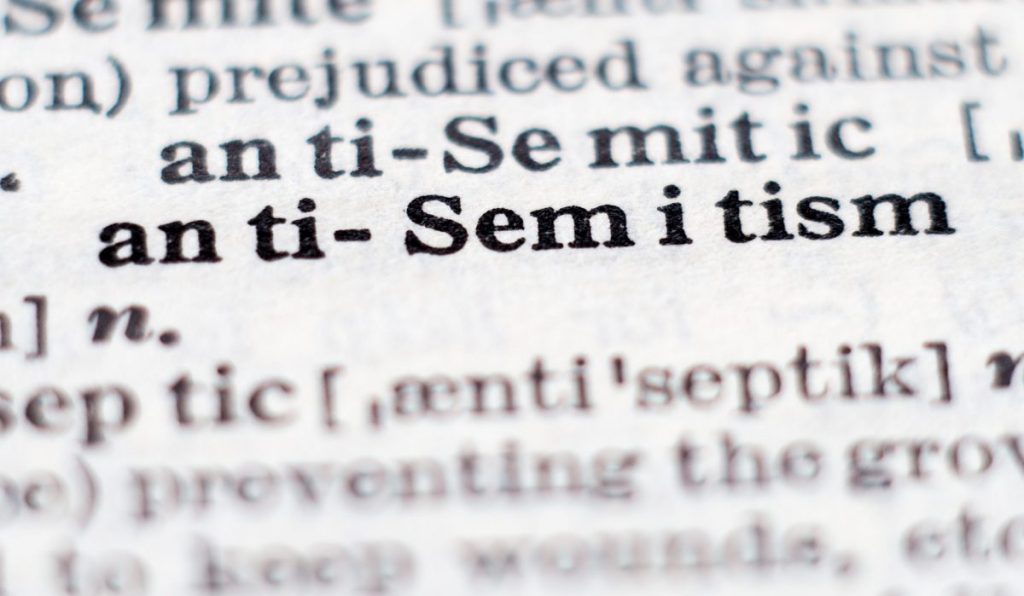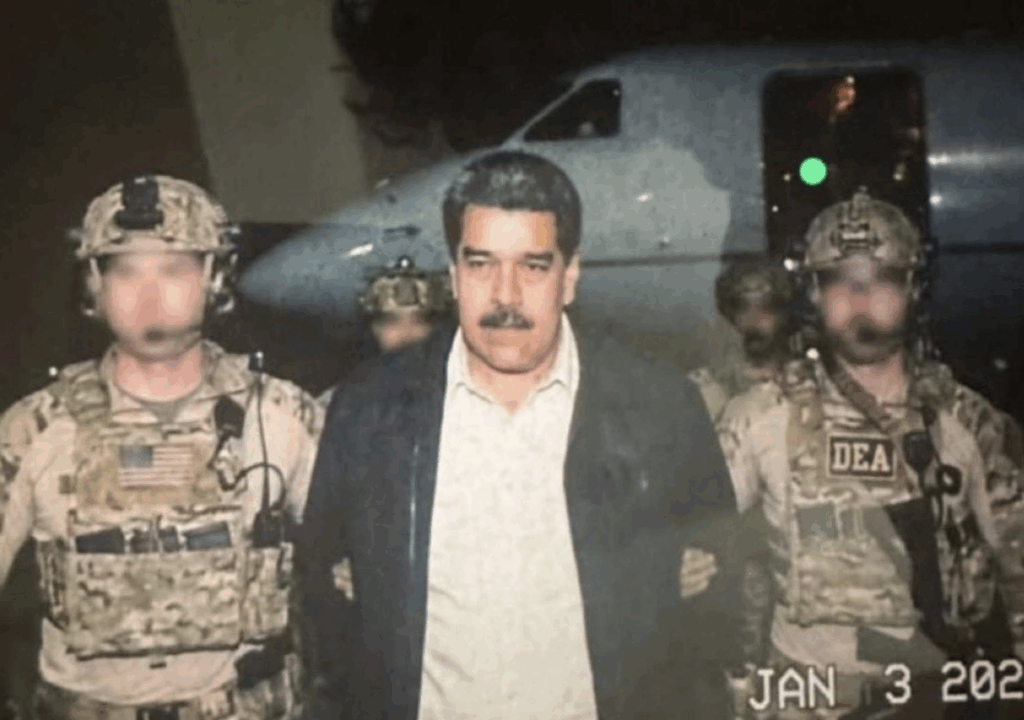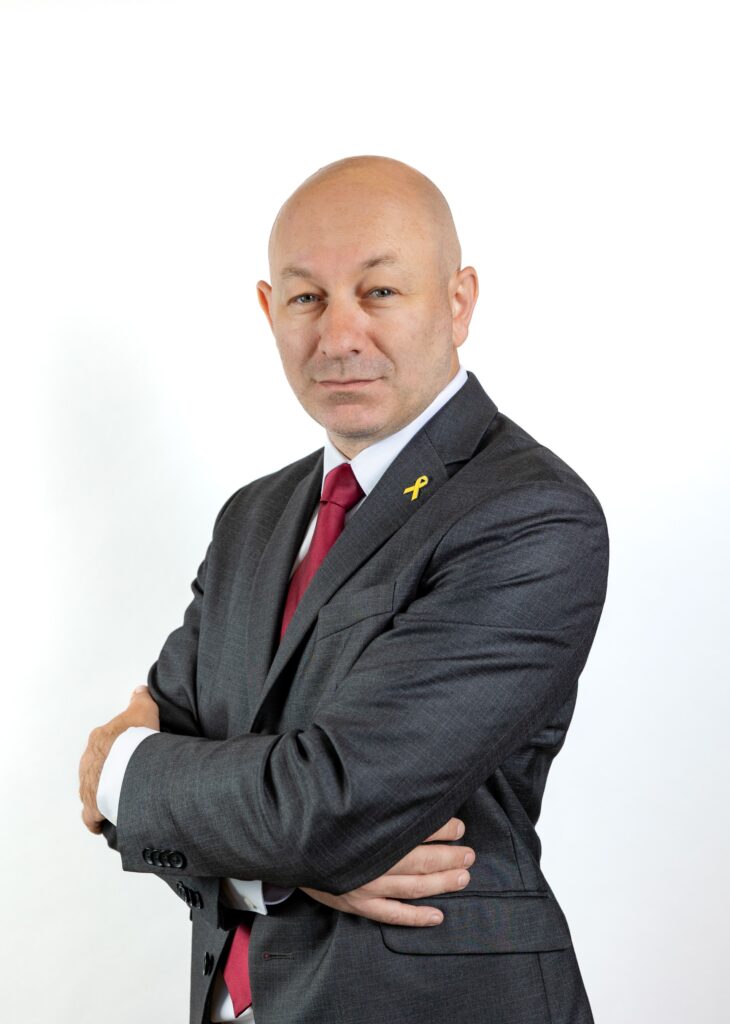FRESH AIR
Light shed on Australia’s role in Hezbollah criminal takedown
March 27, 2019 | Naomi Levin

A Canadian report has shed more light on the role played by an Australian policing taskforce in bringing down a Hezbollah-linked criminal syndicate.
In 2013, a number of Australian law enforcement agencies combined to form Taskforce Eligo. Among other outcomes, Taskforce Eligo led to the arrest of two men whose activities were providing funding for Hezbollah’s Business Affairs Component.
According to the March 25 report in Canada’s Global News, the Canadian Government has proposed setting up a new money laundering taskforce after Taskforce Eligo apparently identified Canada’s sub-par response to international money laundering.
The story says:
What really surprised a U.S. official looking back at investigation evidence records was how prominent Canadian cities were to Hezbollah’s operations — in a group with narco-hubs like Panama, Beirut and Jordan — and how disinterested the RCMP was.
“It really bothered me. It was very clear how Canada was a very, very big part of Hezbollah’s transnational narco-terrorism,” the source said. “But RCMP made it very clear at that time, they didn’t want to bear down on money laundering and drug trafficking. So when I see what is happening now in Vancouver, I have to think back to what we were seeing.”
On the other hand, in Australia, police acted aggressively on the same evidence and mounted a national anti-money laundering task force called Eligo. In one year, the covert DEA-Australian police operations seized $580 million in drugs and assets, according to Austrac, the country’s anti-money laundering agency.
So while Canada plans for a new national anti-money laundering task force, as announced in the 2019 budget proposal, the federal government could learn from examples like Australia, the former official said.
“Eligo-style policing absolutely would have illuminated previously unknown organized crime figures and schemes, and how organized crime works inside Canada, and who the command and controls are internationally,” the U.S. source said. “You can absolutely say our investigations showed how Hezbollah is involved in terrorism financing in Canada, by moving drugs for cartels.”
Hezbollah has allegedly used Canada as a money laundering hub for its drug trafficking activities in South America.
Hezbollah’s Business Affairs Component, established by the assassinated terrorist mastermind Imad Mugniyeh and still run by his confidantes, has raised and laundered billions of dollars to fund Hezbollah’s terrorist operations, including from Canada and Australia.
Controversially, the Australian Government has fallen out of step with its closest allies, including not only Canada but also the US and UK, among others, in refusing to ban Hezbollah, a deadly terrorist operation with networks spreading through Australia and Asia. Australia’s terrorist list only includes the Hezbollah External Security Organisation, a supposed standalone wing of the group. However, the group itself, intelligence experts and Australia’s allies alike all reject the idea that Hezbollah can be compartmentalised into peaceful and militant “wings”.
Taskforce Eligo, which was previously detailed in an article which appeared in the January 2019 edition of The Australia/Israel Review, was a bold police effort that saw Australian law enforcement officers posing undercover as criminals in a bid to out the main actors.
Among more than 100 criminals identified were Altaf Khanani, a Pakistani money launderer whose criminal activity benefited Hezbollah, among others. Also arrested was Hassan Mohsen Mansour, one of Hezbollah’s top money launderers who would move drugs into Australia and then use Khanani’s services to get cash out.
In further news about Hezbollah’s criminal activity, a new report by Hezbollah financing expert Dr Matthew Levitt has revealed some of Hezbollah’s weapons procurement links with Australia’s biggest trading partner, China.
Dr Levitt details how Hezbollah has procured from China dual-use items – devices or material that can be used for military or peaceful purposes – and technology to help it develop military drones. Arrested Hezbollah weapons procurement agent Dani Tarraf also had business interests in China.
RELATED ARTICLES

Anti-Israel protesters’ deafening silence on Iranian repression: Arsen Ostrovsky on Sky News
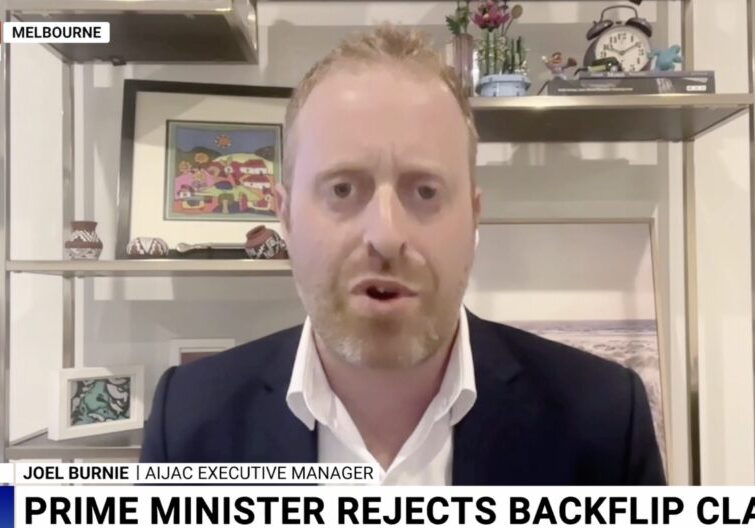
Australian Jewish organisations will offer strong support to Royal Commission: Joel Burnie on Sky News
